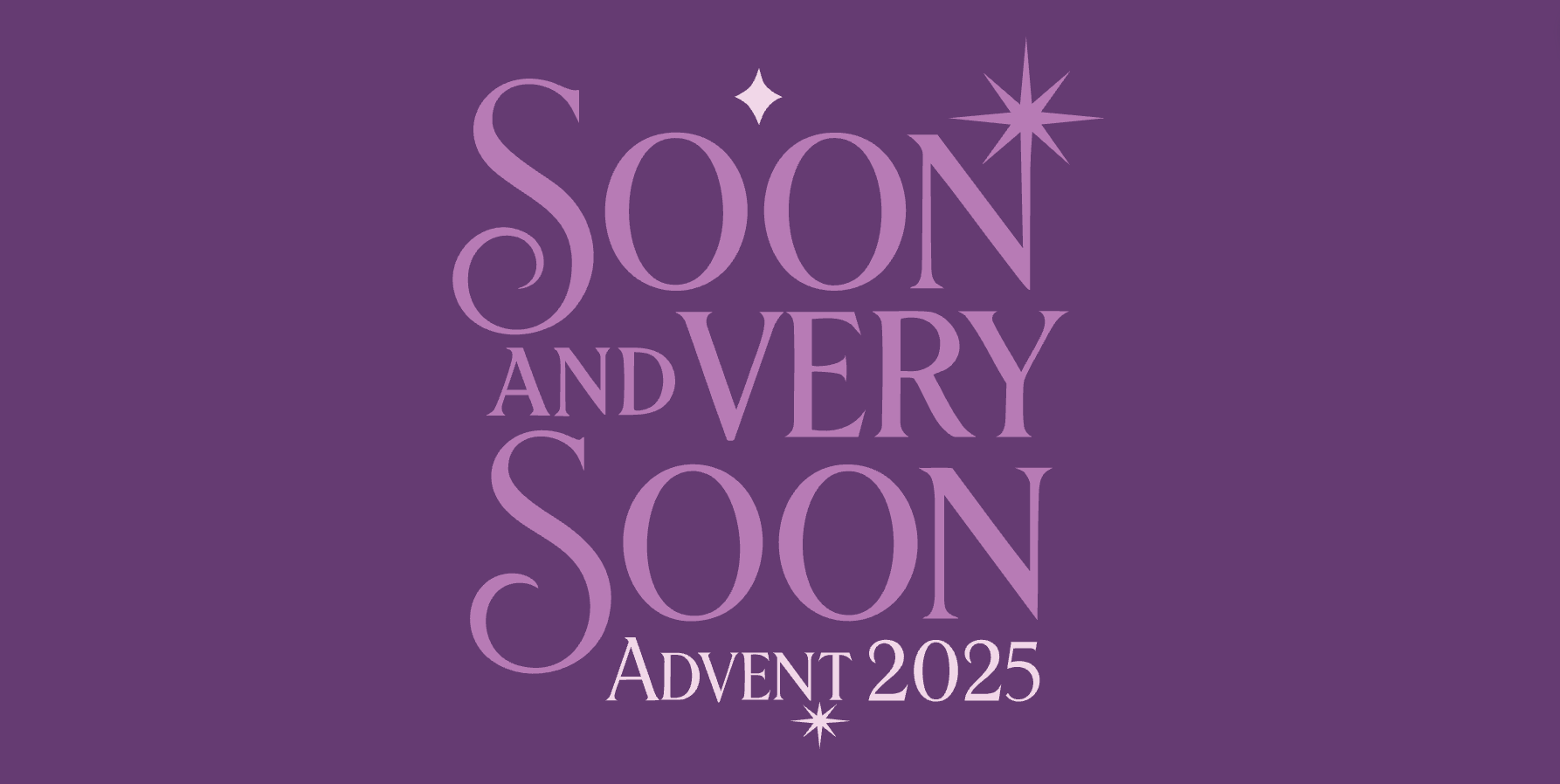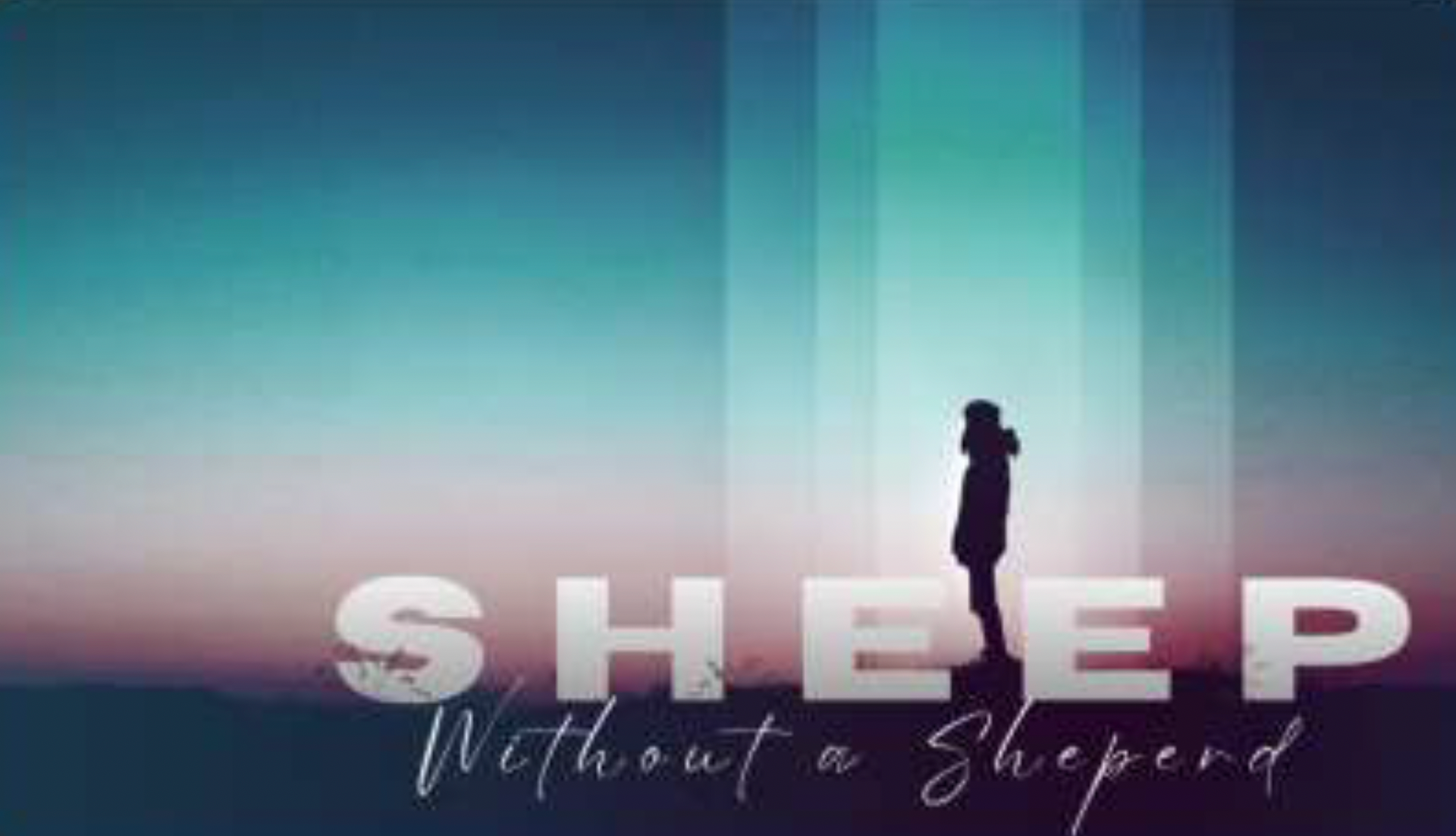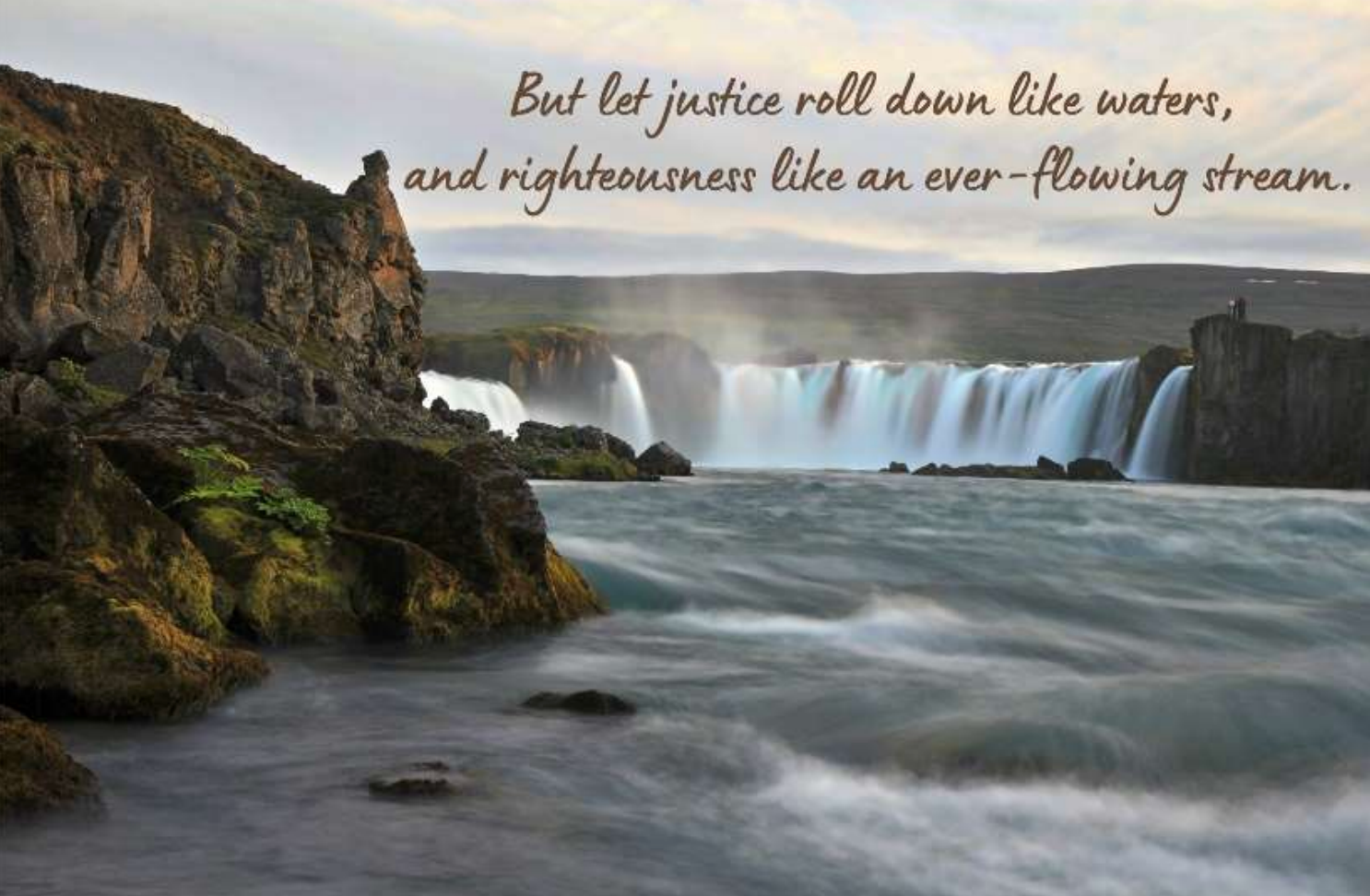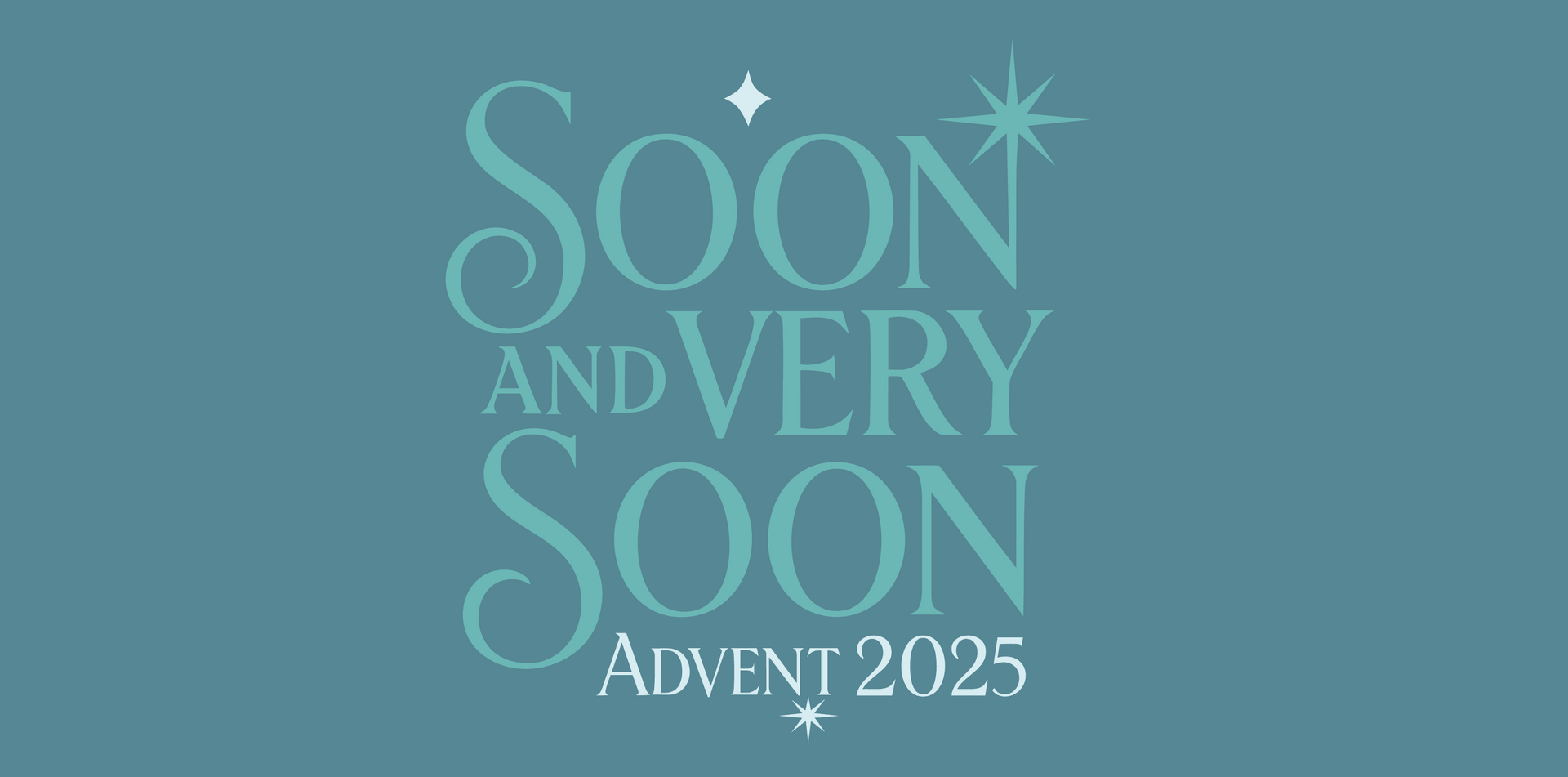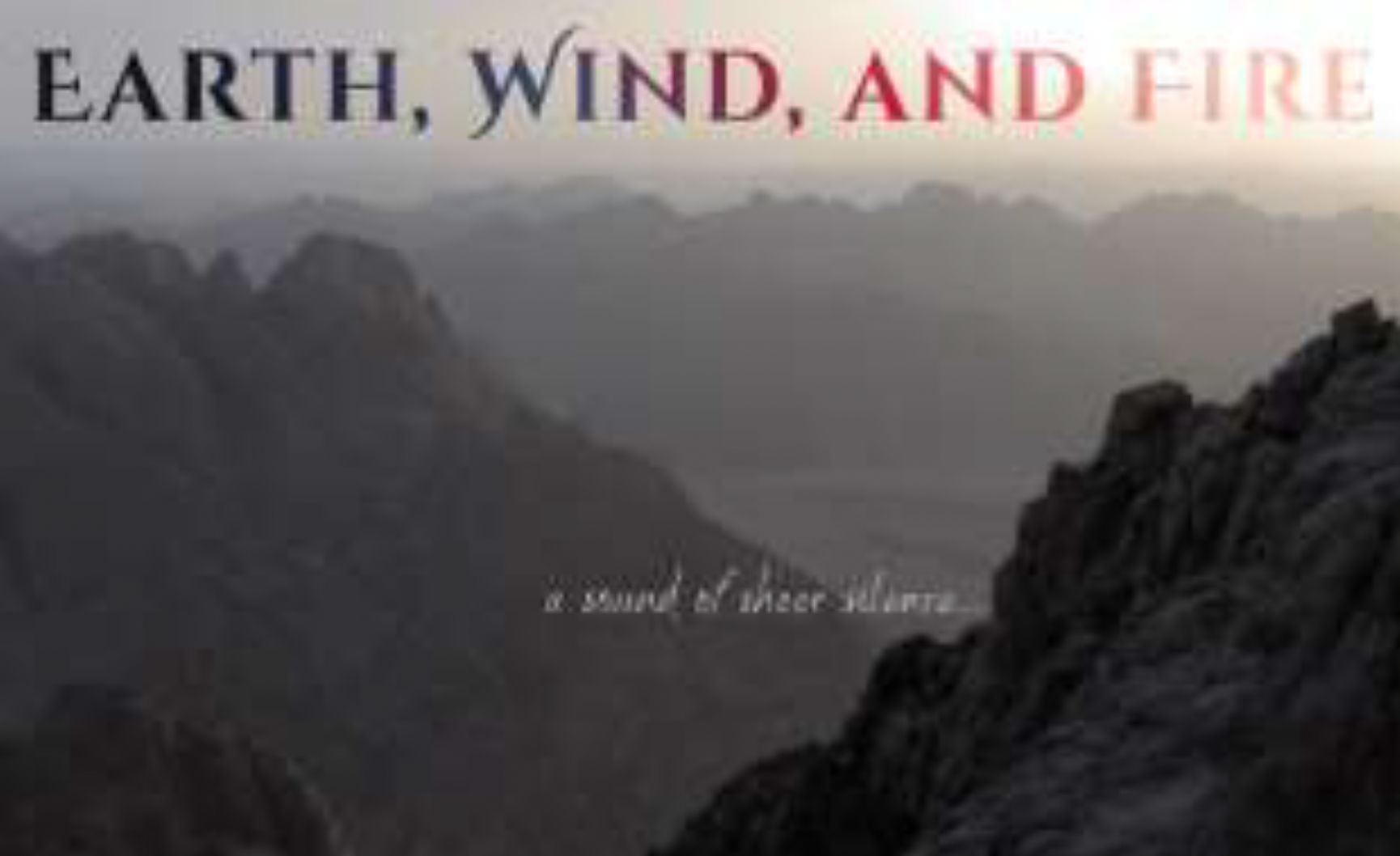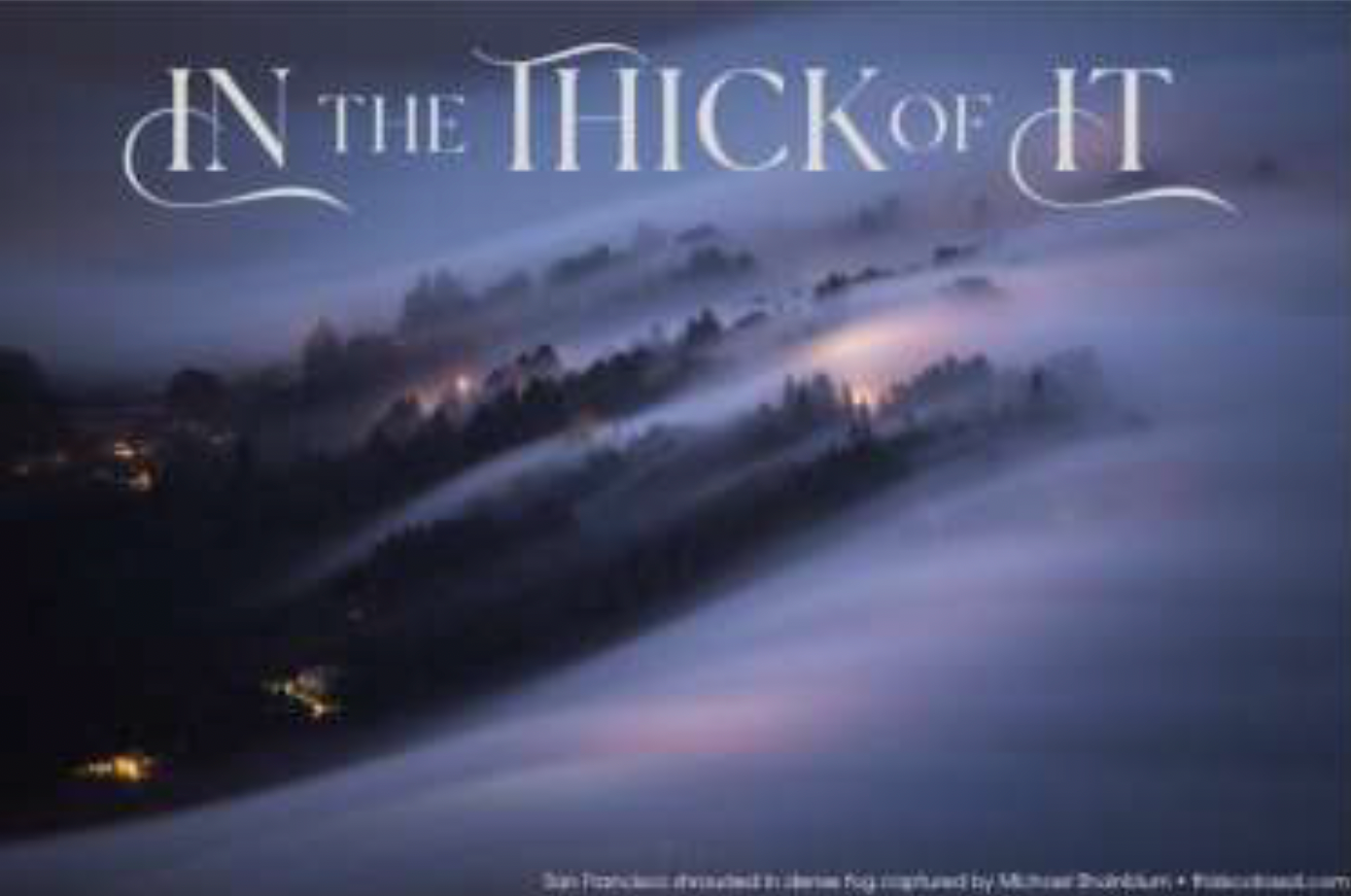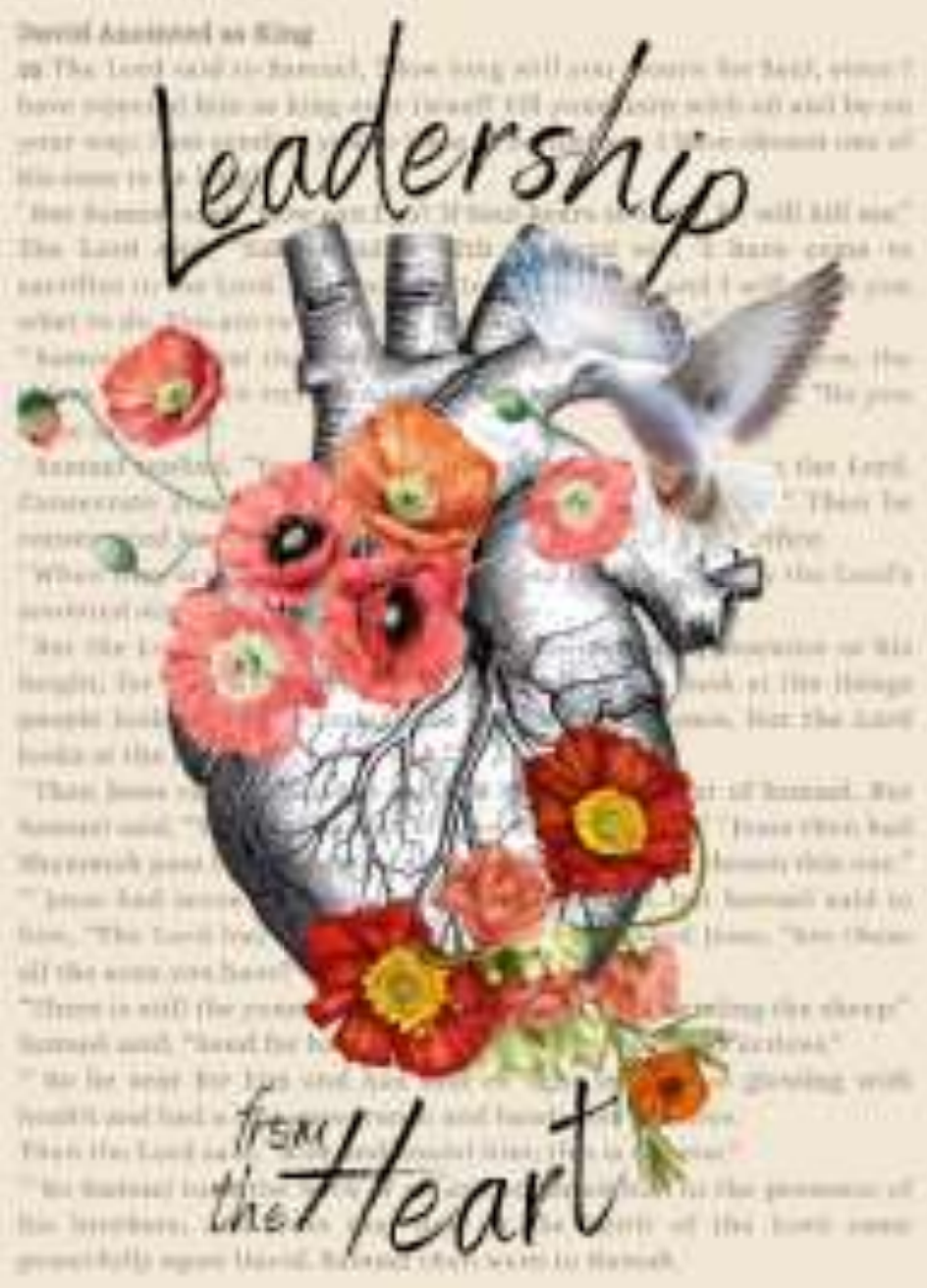Sermon 11.17.2024: A New Thing
The prophet Isaiah tells his people that God is about to do a new thing. He asks if they can perceive it. But his people are in exile in a foreign country and the 'new' things they've experienced have been terrible.
When God promises a new thing, it is good news, and it is not something we could dream up on our own. As we live our lives, do we hear Isaiah asking us if we can perceive God's new thing?
Scripture
Isaiah 43:14-21
Thus says the Lord,
your Redeemer, the Holy One of Israel:
For your sake I will send to Babylon
and break down all the bars,
and the shouting of the Chaldeans will be turned to lamentation.
I am the Lord, your Holy One,
the Creator of Israel, your King.
Thus says the Lord,
who makes a way in the sea,
a path in the mighty waters,
who brings out chariot and horse,
army and warrior;
they lie down, they cannot rise,
they are extinguished, quenched like a wick:
Do not remember the former things,
or consider the things of old.
I am about to do a new thing;
now it springs forth, do you not perceive it?
I will make a way in the wilderness
and rivers in the desert.
The wild animals will honour me,
the jackals and the ostriches;
for I give water in the wilderness,
rivers in the desert,
to give drink to my chosen people,
the people whom I formed for myself
so that they might declare my praise.
Sermon
We'll be hearing from the prophet Isaiah through Christmas, and our stewardship passage for the year kicks us off. Isaiah was likely written by more than one author, over a period of years. It is from Isaiah that we get a lot of our Advent and Christmas imagery. Jesus and John the Baptist use Isaiah’s language. Much of the text of Handel’s Messiah comes from the Book of Isaiah.
The book speaks to the people of Jerusalem, first as a warning, and later as a comfort. First, he warns them that if they abandon their God to gain political power, things won’t go well for them.
And then, after they had been sent to exile in Babylon, he preaches to them of comfort, reminding them that while they have not been faithful to God, God remains faithful to them.
Today’s passage is from the comfort section of the book. And Isaiah’s words are relevant to us, even those of us who already know lives of comfort and privilege. We also can see around us the failure of human political systems, where people vote by a slim but winning majority, for a candidate who has promised to hurt people, has promised to harm immigrants, has promised to harm trans kids and the queer community, has promised to make billionaires more billionaire-y.
Isaiah is writing to people like us. People who thought we were in control and could handle things just fine. I don’t know how you’re feeling as the cabinet announcements are being made but everything is not being handled just fine. I feel like all I can do right now is to not normalize this behavior. Congress might agree to these appointments, but it doesn’t make it okay to fill the government with patently unqualified and unserious candidates. Isaiah is writing to remind people who have forgotten that control is an illusion, writing to remind them that trust in God is the one thing we can do when things seem unmanageable.
We are not in literal exile as Israel was in Isaiah’s day. So I don’t want to overstate our connection. But I do hope we will remember that there is resonance in the stories of scripture, even if the contexts of our lives are not exactly the same.
The prophet Isaiah tells us not to remember the former things, or to consider the things of old. But before we look at the new things, we should notice that Isaiah doesn’t completely follow his own advice. Because the first part of our text involves a lot of remembering and considering. “Thus says the Lord who makes a way in the sea, a path in the mighty waters, who brings out chariot and horse, army and warrior…”
This is the same God, he reminds them, who ushered the people of Israel through the parted waters of the Red Sea, delivering them from Egypt, saving them from slavery. Don’t forget it.
So, before we NOT remember or consider the things of old, let’s make sure we have done just that. Because it is the past instances of deliverance that will call us to believe and trust and remember that it will happen again.
The God who stopped Pharaoh, the God who freed a people from slavery and delivered them to the Promised Land is still speaking to God’s people today.
And God still has plans to deliver and redeem God’s people.
But do not remember the former things, or consider the things of old. Because deliverance will not be the same. Don’t go stand at the side of the Red Sea, waiting for the waters to part. Because they won’t.
Any further deliverance is going to be a very different kind of exodus.
In other words, “while I am the God who saved you back then, that is no longer going to be the story you tell people. When you talk about your God, you will tell a new story.”
Here at Calvary, it is important that we remember the stories of how God has cared for us in the past, how Calvary has weathered storms and how God has provided for us in the past in ways that we still benefit from today.
So we consider the old things because as they remind you to have hope for, and an imagination for, the new things that God is doing.
Do you not perceive it?
This is a NEW THING.
God tells us, “I am the one who can put water in the desert. I am the one who will make the path for you. A path where no path has been before. Even the ostriches and jackals will honor the Lord.”
Whatever this New Thing will be, you can’t even conceive of it on your own. And you don’t get to determine how the story will play out.
Some of us hear this announcement of a new thing and say, ‘great! where do I sign up?’ For some of us, the past is something we would gladly leave behind for a new opportunity.
But some of us are looking for more details. “Okay, God. Before I sign up for this journey, I need you to be specific. The jackals and ostriches are an intriguing detail, but I don’t quite know how that applies to me and I need some more information. I’ve got some control issues.”
We are people who want to see the future before we get there. And if the past has been good to us, if we are perfectly comfortable in the present, why would we want to leave it behind for something unknown and new? God’s message of a new thing is not always a welcome message to comfortable people.
The people hearing Isaiah’s words aren’t sitting in comfort though. They are in the midst of the consequences of some of their bad political and religious choices. Destruction. Exile. Loss. Devastation.
Earlier in the book of Isaiah, the prophet had tried to steer the people away from making those bad choices by warning them of the wasteland they would create. In chapter 34, he writes of what shall happen to Israel:
Thorns shall grow over its strongholds,
nettles and thistles in its fortresses.
It shall be the haunt of jackals,
an abode for ostriches.
The Jackals and Ostriches that appear in today’s text in chapter 43 are not entirely new. But they are being re-assigned their role in the story.
As one of the commentators says about this text: “The prophet projected a vivid image of chaos: jackals and ostriches prowling amidst the ruins of a world collapsed under the weight of the iniquity of its inhabitants. To portray the radical nature of the new thing that God purposes, … Isaiah reintroduces the jackals and ostriches, this time themselves restored to beauty and wholeness and giving honor to their Creator! Even they have taken their place in a world abiding in shalom, a world in which God tenderly cares for the people whom God has chosen, a world – and now we come to the culminating act that gathers all creation up into one common purpose – in which Israel by its very existence bears witness to the one reason that gives eternal value to life: so that they might declare my praise.” (Hanson, Paul. Isaiah 40-66 in Interpretation. (JKP: Louisville, 1995) p75)
Whatever plans we make, in other words, are of a different scale to what plans God is making. We are invited to join in the work God is doing. We are invited to be witnesses of what God is imagining and doing, where the jackals and ostriches that prowl the ruins can become, in the faithfulness of God, the markers of a new creation. We are invited to trust that whatever new thing God is preparing and dreaming for us, no matter how unfathomable, is better than trusting only our own gumption and resolve.
Isaiah uses his prophetic imagination to call Israel to remember their own imagination. When you’ve lost your country, and been taken into exile in a foreign land as your political structures have collapsed, imagination is dangerous. In the midst of your trauma and anxiety, what your mind can imagine is terrible. “We’ll never get back to Jerusalem, will we? We’ll never have elections again now that Babylon has taken over and claims to have a mandate.”
You can see how imagination is dangerous when combined with anxiety. And I’m not saying Israel was wrong for shutting down their imaginations. The situation on the ground for them was bad.
But when your imagination shuts down, despair can creep in because you haven’t just stopped imagining the bad possibilities, you stop imagining any good ones too. And when you have no hope or dream for what a future could be like, Babylon has won.
So Isaiah is calling them back to the work of imagining a future they do want to live in.
Do not remember the former things,
or consider the things of old.
19 I am about to do a new thing;
now it springs forth, do you not perceive it?
From the midst of exile and anxiety, God calls the people to be on the lookout for deliverance, for mercy, for goodness.
The Stewardship committee picked this passage for our annual giving campaign this year because we are perceiving that God is doing new things here at Calvary and it is an exciting moment for us as a congregation.
Calvary can look back at previous moments of God’s deliverance with gratitude, but whatever the future holds for us, God’s deliverance will look different in 2024 than it did in 1854 when the church was founded in a brand-new town on the edge of the country.
And I confess that I would like to be able to really clearly see this new thing God is doing, rather than just sort of perceive it. But if total control is not the spiritual gift God has given me, alas, I will take the glimmers of this new thing. I can feel it jump starting my imagination for what might be. And you can feel it too, right?
In a world where people are isolated and turning away from each other, you gather here each week, building community across your differences. This matters. Your presence as community is a reminder to the world that we don’t have to be isolated and alone. God is doing a new thing, do you not perceive it?
I feel glimmers of God’s new thing in the work of some of our committees, and I apologize for just uttering the most presbyterian kind of comment imaginable—to say that God is at work in committees—but it is true. I am excited about the people who have said yes to the churchwide nominating committee when they have been asked to serve as elders, deacons, and Foundation trustees. There are churches having to beg people to serve, but we have people enthusiastic to say yes. God is doing a new thing; do you not perceive it?
I feel glimmers of God’s new thing in the work of the Faith In Action Team and the Living Sanctuary team, where they are faithfully engaged and responding to what we can do as a church to keep people safe, sheltered, and cared for. This past week, Tosca and Zanne cooked 100 meals for the women at SafeHouse. Yesterday we had eighty some people in the building for an event hosted by the Racial Equity Initiative at Calvary, where we learned some of the challenges faced by people who re-enter society after they have paid their debt to society in prison. It was an eye-opening experience to see how many challenges they face, and a reminder that we have work to do. God is doing a new thing, do we not perceive it?
For years, Calvary has been talking about hiring another youth director and it took some time, but I am convinced that we were waiting for Jeff Smith to be available to be hired and we just didn’t know it at the time. He’s been a great addition to the staff and is a glimmer for me of this new thing God is doing. If your kids haven’t met him yet, I hope they will soon. God is doing a new thing; do we not perceive it?
I feel glimmers of God’s new thing during the week, when this building is buzzing. In addition to the church groups that meet during the week, we host yoga classes, a Muslim prayer group, community meeting space, weekly rehearsal space for multiple choirs and orchestras, author events with Book Passage, and so many more moments. God is doing a new thing; do we not perceive it?
And as we’ve put the budget together for next year, there is a similar excitement. We realize that to do what God is calling us to do requires resources. But rather than producing anxiety, as I know talk of money can do, it is producing anticipation and hope. We believe God is at work in this place and we are hopeful that if everyone participates at whatever level they can, we’ll be able to imagine what God is dreaming for us.
When the despair and worries of the world threaten to take away your hope, I invite you to remember to imagine. It doesn’t erase the work we have to do, or the real problems we face, but deeply believe it helps us connect to what God is already at work at in the world.
We begin with imagination. And then we get to work, welcoming the outcast, caring for each other, seeking justice in society, loving our neighbors as ourselves. And we trust that in that work, God is doing a new thing.
We get to be a part of it. Let’s get those imaginations going. We’ve got dreams to bring to life.

